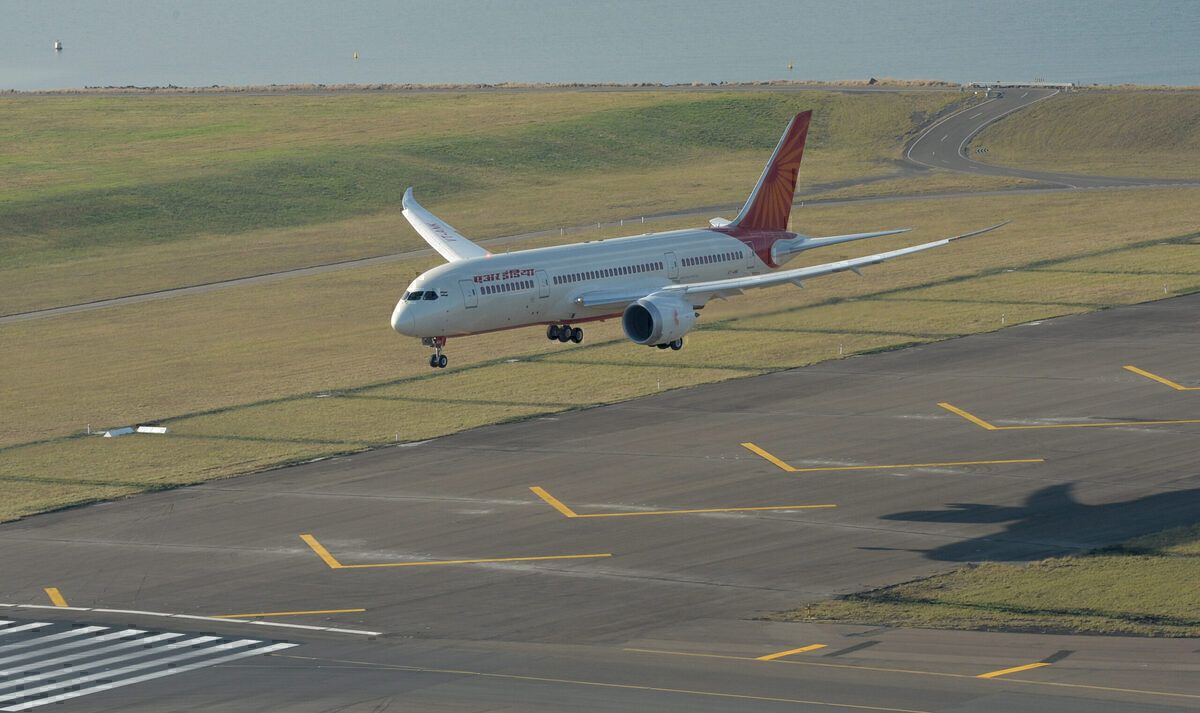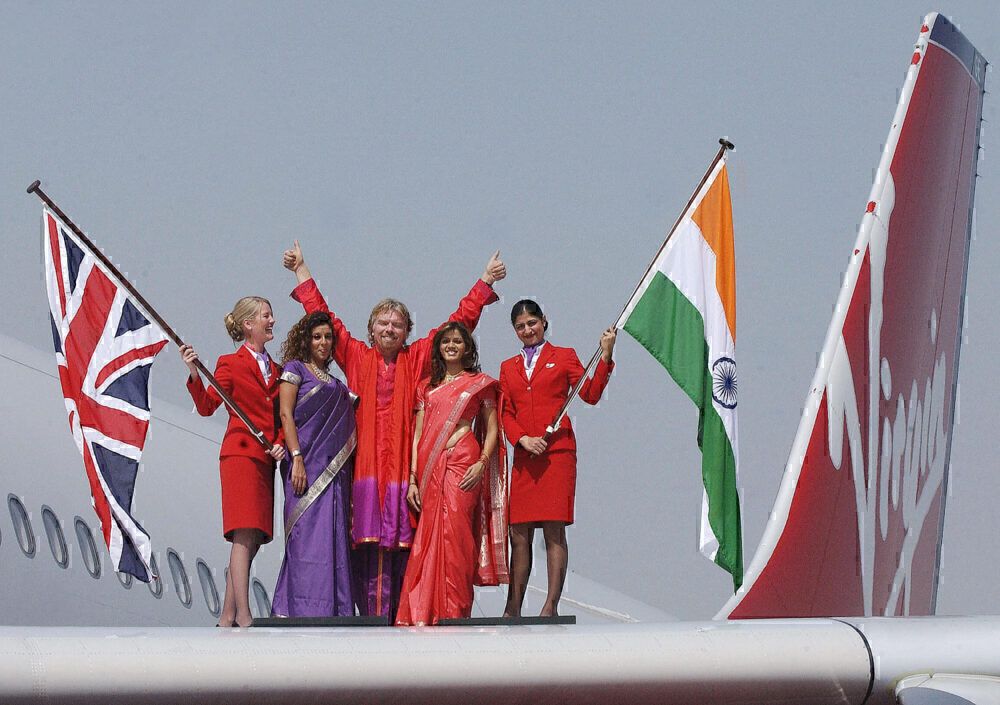India has extended its international flight ban through to December 31st, 2020. While the general international flight ban remains in place, some international flights can occur under individual air bubble agreements.The world has changed an awful lot over the past year. Indeed, a year ago, nobody thought that travel bans would become a central theme of aviation in 2020, yet it did. Many countries implemented travel bans in late March. Many of these were initially incredibly restrictive. For example, the UAE government altogether suspended all flights. However, since then, most countries have relaxed their stance somewhat.
What's the latest in India?
The Indian Directorate General of Civil Aviation today tweeted an update to its general international flight suspension order. The circular extends the validity of the government's initial ban until 23:59 on December 31st, 2020. This effectively means that the ban will stand until at least the end of the year. However, it is entirely possible that it could be extended further.
Stay informed: Sign up for our daily aviation news digest.
The circular notes that 'international all-cargo operations' and 'flights specifically approved by [the] DGCA' are exempt from the rule. It goes on to state that,
"International scheduled flights may be allowed on selected routes by the competent authority on a case by case basis."
22 travel bubbles
While there is a blanket ban on international flights, India's 22 travel bubble countries can sidestep this regulation. According to the Ministry of Civil Aviation, the 22 countries in the travel bubble range from Afghanistan and Bahrain to the United Kingdom and the United States.
The travel bubbles are reciprocal in nature. Taking the United Kingdom as an example, British carriers such as British Airways and Virgin Atlantic can fly to India. Meanwhile, Indian airlines, such as Air India, can fly to the United Kingdom.
However, the travel bubble is purely related to what flights are permitted and not whether or not quarantine is required. Many of India's travel bubble countries still require isolation or other measures on arrival.
Moving back to the case of the United Kingdom, India is not on England's list of travel corridors. While travel from India to the UK is possible, those arriving in England will have to quarantine for 14 days. This will drop to just five days from December 15th if a negative COVID-19 test is then produced on the fifth day.
While international travel is permitted into India on such travel bubble flights, the country still has reasonably strict restrictions on entering the country. Generally, an Overseas Citizen of India card is required by the passenger or a close relative. This means that tourism remains off the cards for the time being.
Do you think India is right to extend its international travel ban? Let us know what you think and why in the comments!


